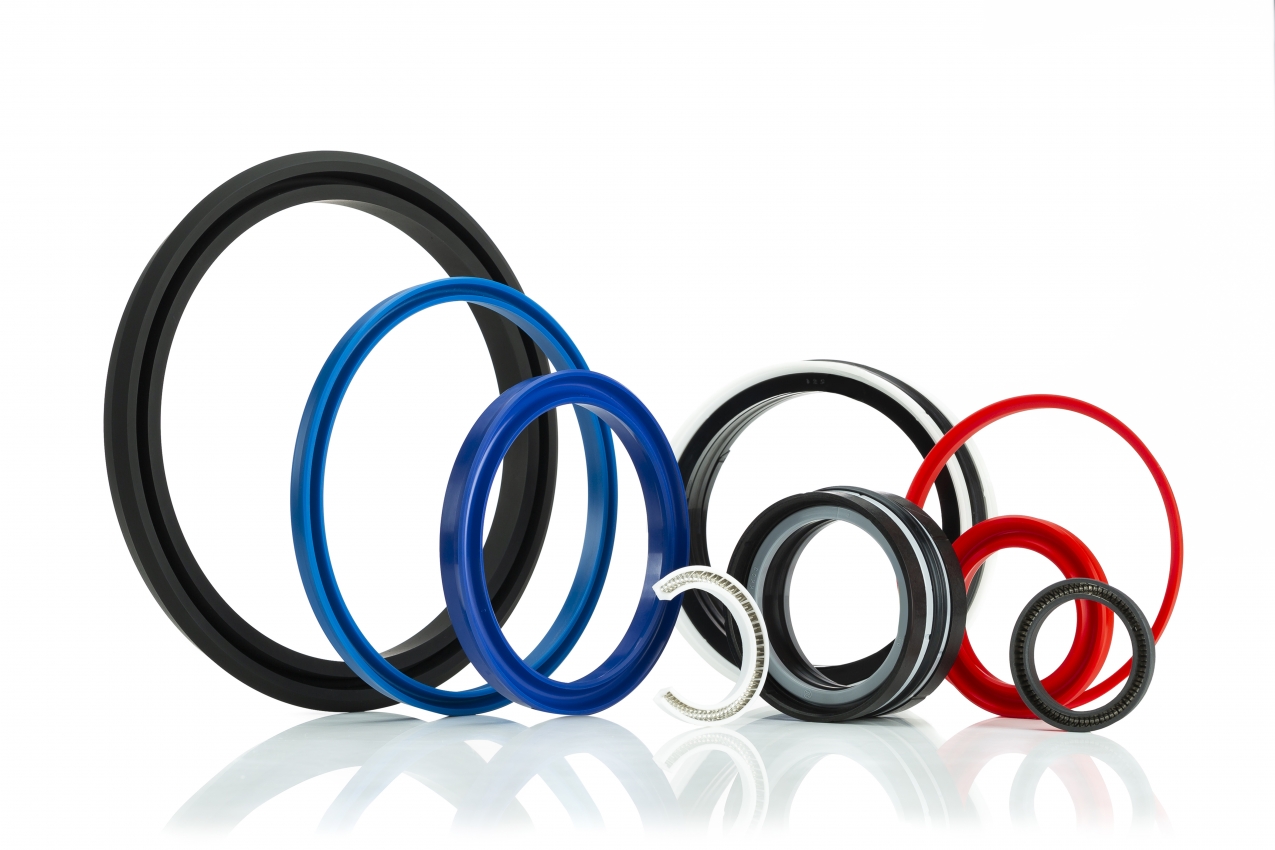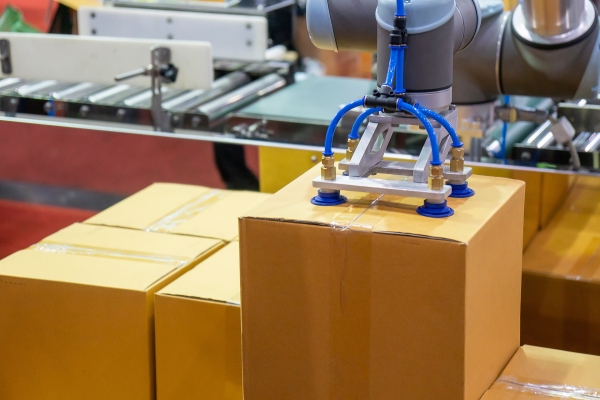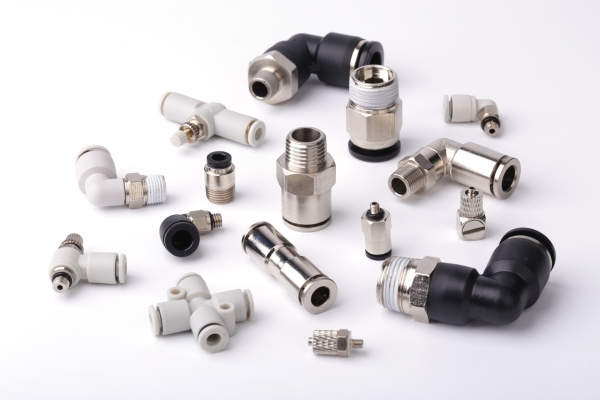-
Homepage
-
Seals and Gaskets
-
Standard Profiles
-
Piston Seal
- Single-acting piston seals for pneumatics
The difference between a single-acting seal and a double-acting seal is that the single-acting seal is simpler in construction. It is therefore cheaper, but less suitable for high pressure or high and, above all, fast mechanical loads.
A single-acting piston seal for pneumatics consists of an elastic sealing ring located on the piston. The sealing ring is designed in such a way that it forms a tight barrier against the escape of compressed air when the piston is moved within the cylinder. Piston seals can be made of various sealing materials, including NBR, FKM, PU and PTFE, depending on the requirements of the application.
A single-acting piston seal for pneumatic applications is important for the efficiency and performance of pneumatic systems. A leaking piston seal can lead to a drop in air pressure, a reduction in power and possible damage to the pneumatic cylinder or to the malfunction and loss of power of an entire system.
Areas of application of single-acting piston seals for pneumatics
Single-acting pneumatic piston seals are utilized in a myriad of applications that primarily require the sealing of compressed air.
Below are some examples of their application areas:
- Pneumatic Systems: Pneumatic piston seals are frequently deployed in pneumatic systems to guarantee a hermetic separation between compressed air and the external environment.
- Mechanical Engineering: A variety of machines, such as manufacturing and packaging machines, employ pneumatic piston seals.
- Automotive Industry: Pneumatic piston seals find their application in brake and clutch systems within the automotive sector.
- Aerospace: In aerospace, pneumatic piston seals are critical for functions like engine controls and cabin sealants.
- Mechatronic Applications: Pneumatic systems are commonly applied in mechatronics, including in mechatronic manufacturing facilities and production lines.
Selecting the appropriate pneumatic piston seals is vital for ensuring a robust and enduring seal, as well as for withstanding mechanical stress.
Sealing Materials for Single-Acting Pneumatic Piston Seals
For single-acting pneumatic seals and thus also for pneumatic piston seals, materials are usually used that have good airtightness and resistance to abrasion stress.
Here are some of the most common sealing materials for pneumatic seals:
- NBR (nitrile rubber): Generally used in standard pneumatic applications as it is cost-effective and has good chemical resistance.
- FKM (Fluorine Rubber): More resistant to high temperatures and more aggressive environmental conditions. (Aggressive chemical media)
- PU (polyurethane): Particularly suitable for applications with high speeds and pressure loads.
- PTFE (polytetrafluoroethylene): Particularly suitable for applications with high pressure and speeds as well as for strongly chemical media.
It is important that the correct sealing material is selected to ensure a reliable and durable seal.



